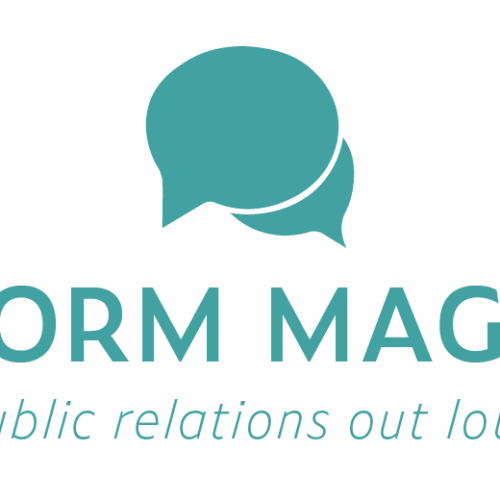Discerning Credible News Sources
Posted: April 9, 2014, 1:45 p.m.
by Stefanie Dunlap.
As the world becomes more and more tech-savvy, the amount of people who have access to the Internet has greatly increased, and in turn, almost everyone has the chance to contribute to the information found on it. The rise in the amount of blogs and online news sources is not necessarily a bad thing, but it has created more competition for those journalists who write for credible news outlets.
Due to this great influx of bloggers and writers who are not affiliated with a well-known news source, it has become harder to distinguish between credible and non-credible sources.
“Social media has made it even more difficult to recognize the difference between credible and non-credible sources. Everyone has an outlet,” Kathy Bowers, media relations coordinator at Children’s of Alabama and adjunct journalism instructor at The University of Alabama, said.
Much like blogs, social media has allowed millions of people to share articles (some credible, some not) with their friends. Platforms such as Facebook and Twitter help these non-credible posts travel even further.
As a PR professional or a journalist, it is incredibly important to be able to determine which sources on the Internet are trustworthy. First of all, it is essential to understand what a credible news source is.
Bryan Reber, assistant department head and professor in the Department of Advertising and Public Relations at the University of Georgia, explains that “credible news sources are journalists with the traditional/legacy media, journalists online such as bloggers with Huffington Post, and experts who share their expertise through legacy or social media.”
After talking with these two professionals in the industry, I have complied a list of things to look for when discerning if a news source is trustworthy.
Sources
Bowers explained her number one guideline in journalism. “The ironclad rule of journalism is that you must include two sources in each article that you write,” Bowers said. “Remember that journalism is a discipline that involves principles and ethics.”
It is necessary to remember that credible journalists will take the time to research their topic and include important sources that help clarify and increase understanding. These news outlets require their journalists to do a certain amount of research and insist on them including credible sources in their work. It will be easier to pick out these journalists by searching for at least two sources, not from the same organization or place.
Objectivity
When picking a news source, make sure that the journalist is objective. “I think the variety of media make it harder to distinguish between credible and non-credible sources. Some bloggers are very credible. Many are not. With the growth of special interest or partisan news sources, credibility is also sometimes an issue because the objectivity we’d like from news just isn’t there,” Reber said.
Every time you read an article, you should check to see if it shows both sides of the story. As a writer, it is difficult to always remain objective, but most credible news sources will give information from all views.
Environmental scanning
The art of environmental scanning is vital to choosing which articles are legitimate. “I think you can hone your expertise in identifying credible versus non-credible news through environmental scanning. By checking information from lots of sources and on a near constant basis, it’s more likely that you can sniff out good versus bad information,” Reber said.
Once you have read an article, search for other articles on the topic and see if those journalists are giving the same type of information.
Consume tons of media
Consuming a large amount of media will give you a head start on perfecting the art of environmental scanning. Not only should you consume a large amount of media, but it is also beneficial to consume several different types of media such as traditional/legacy media, social media, online news, blogs, etc.
“Eventually you’ll develop a series of go-to media when you need specific kinds of information — be it for your profession or as an informed citizen,” Reber said.
Overall, it is crucial to look for these four things when reading any type of news online. Only taking in news from sources that you have found to be credible will help you to always get unbiased, trustworthy news. Practicing this approach will also make it that much easier to decipher a credible news source quickly.




